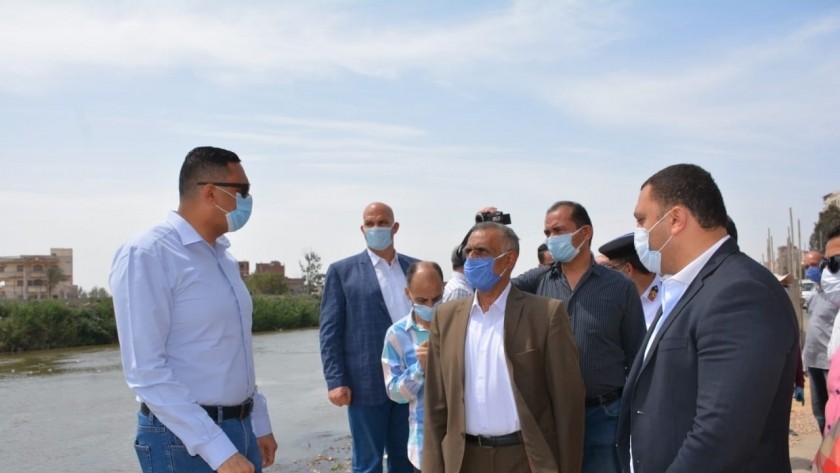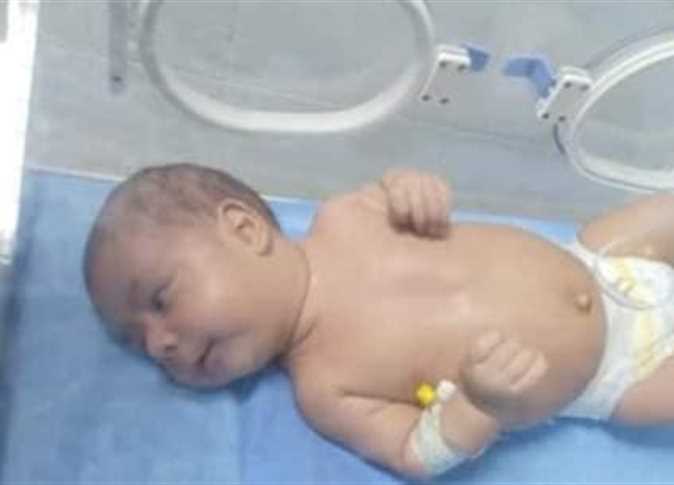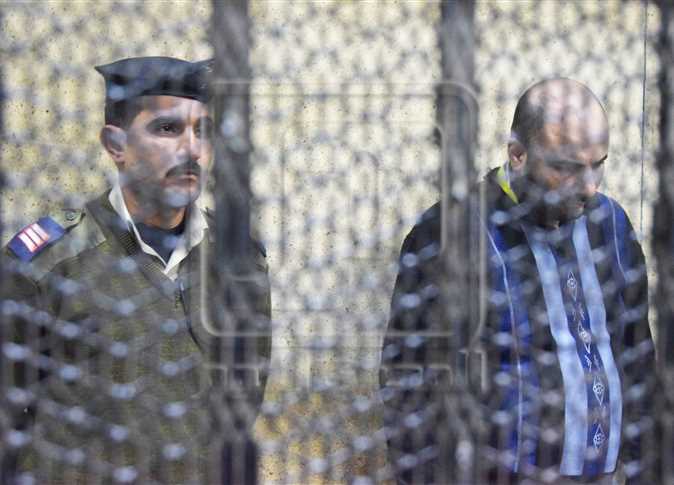Dozens of poor people are assembled outside the office of the Daqahlia governor, Brigadier-General Samir Salam. They have been at the governor’s doors since 9 AM, waiting in the hope that he will extend a helping hand to draw them out of their poverty or illness.
Among those waiting is Magdi Sami, who was brought in an ambulance. On a stretcher, he waits along with the others. A woman and a child both in wheelchairs are among the other poor hopefuls.
Sami, who came from the village of Abu Galal, waited for eight hours before being allowed into the governor’s office. Hunched over him are his elderly parents, struggling to swallow back their tears.
Sami, who is 35 years old, says, "I used to work at a furniture gallery, but five years ago the elevator collapsed from the sixth floor." He goes on: "My spinal cord was torn and I became paralyzed. Ever since I’ve had no source of livelihood and I have two girls in school."
Sami had made a request for the governorate to build a kiosk to help him get along. Committees came to his home to study his case more closely, but still, Sami says, he was surprised to receive one day a letter asking him to come in person to meet the governor in order to see if he was in real need of help. Sami says he rented an ambulance to drive him to the governor’s office and was carried on a stretcher to the second floor.
Overwhelmed by tears, Sami continues, "Such is the government. It has to humiliate us before helping. The pain in my back and whole body is tearing me apart."
Farha Mohamed el-Khateeb, 35, traveled to the governor’s office from Qarqia village in Sembellawein. El-Khateeb stands resting her back on the wall and holding the handles of a wheelchair in which sits a six-year-old child who suffers from quadriplegia and severe learning difficulties.
El-Khateeb’s husband is a shift worker who suffers from diabetes. El-Khateeb, who has two other children, had also requested a kiosk to be built for her family, to be able to earn money to treat their sick child.
Next to el-Khateeb is sitting a woman in a wheelchair. She came alone. She sometimes puts her head in her hands, and at other times raises her hands in supplication asking God for help. Amal Awad Ibrahim is 40 years old with three children.
In a barely audible voice, she says, "My kids aren’t living with me because I live on the street in Mahatta Square." Ibrahim suffers from paralysis that was caused when she was unable to pay for medical treatment. Ibrahim only dreams of having an apartment or even a room where she can live together with her three children, each of whom currently lives in a separate home with a different family.
Amid the crowd stand seven girls in tears. The seven girls lost their jobs because of the niqabs they wear. The city council refused to renew their contracts so they resorted to the governor, hoping he would help them out of their trouble.
Each one of these poor people has a heartbreaking story to tell. But the governor was busy receiving members of the People’s Assembly until five in the evening and his early morning visitors had no choice but to wait all day until the governor’s important visitors had left.
Translated from the Arabic Edition.




